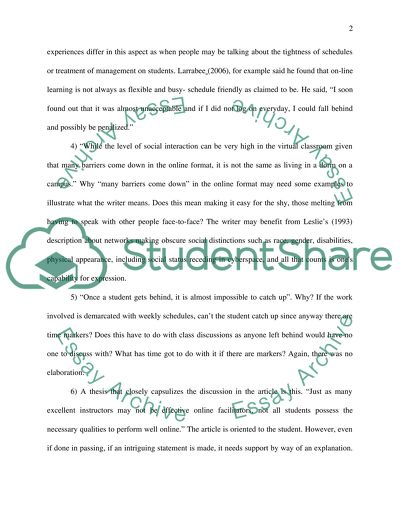Cite this document
(“Critique on What Makes a Successful Online Student Book Report/Review”, n.d.)
Retrieved from https://studentshare.org/education/1512622-critique-on-what-makes-a-successful-online-student
Retrieved from https://studentshare.org/education/1512622-critique-on-what-makes-a-successful-online-student
(Critique on What Makes a Successful Online Student Book Report/Review)
https://studentshare.org/education/1512622-critique-on-what-makes-a-successful-online-student.
https://studentshare.org/education/1512622-critique-on-what-makes-a-successful-online-student.
“Critique on What Makes a Successful Online Student Book Report/Review”, n.d. https://studentshare.org/education/1512622-critique-on-what-makes-a-successful-online-student.


